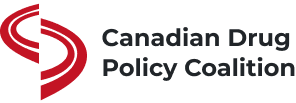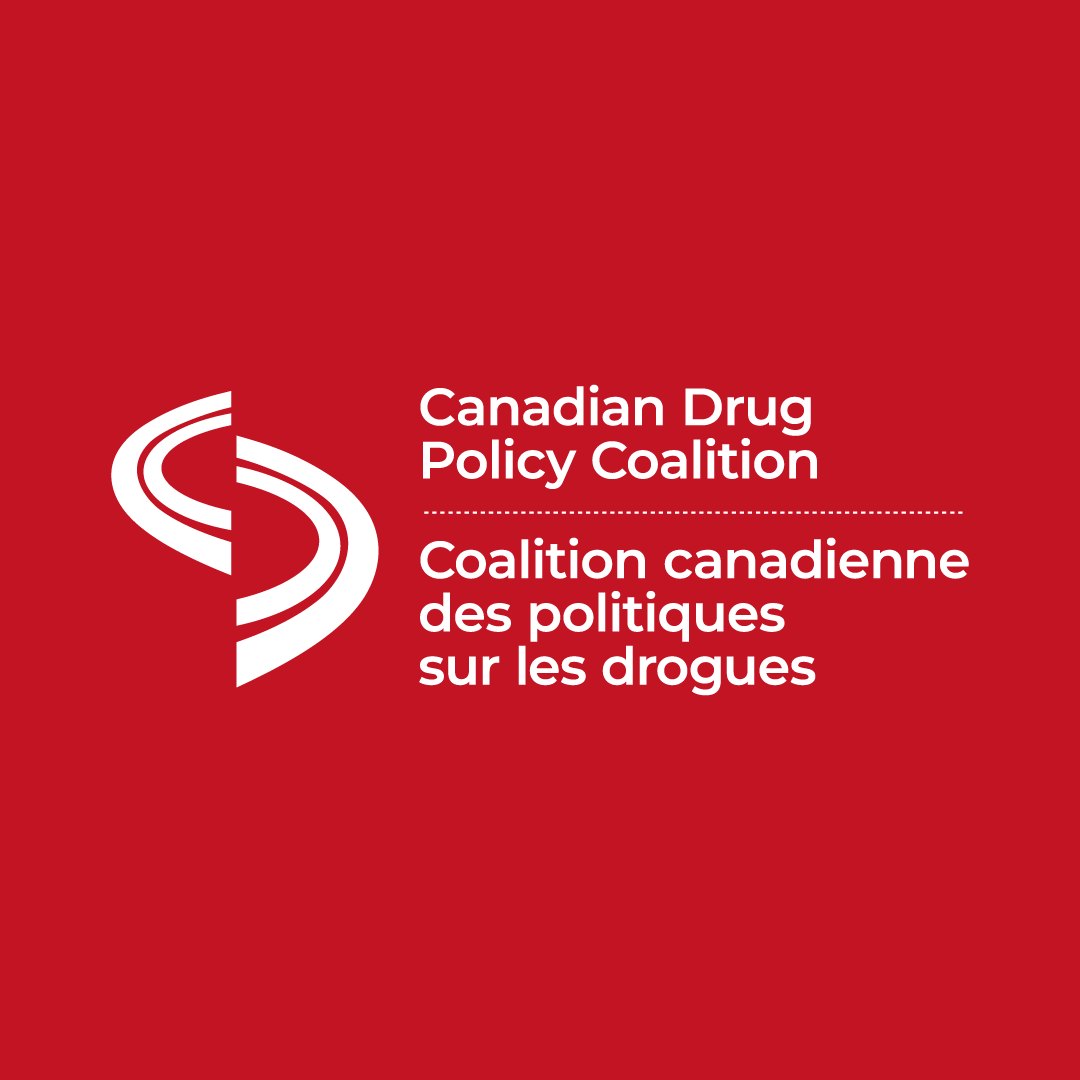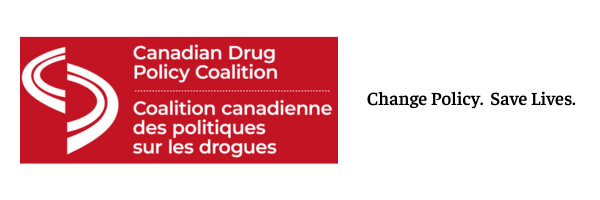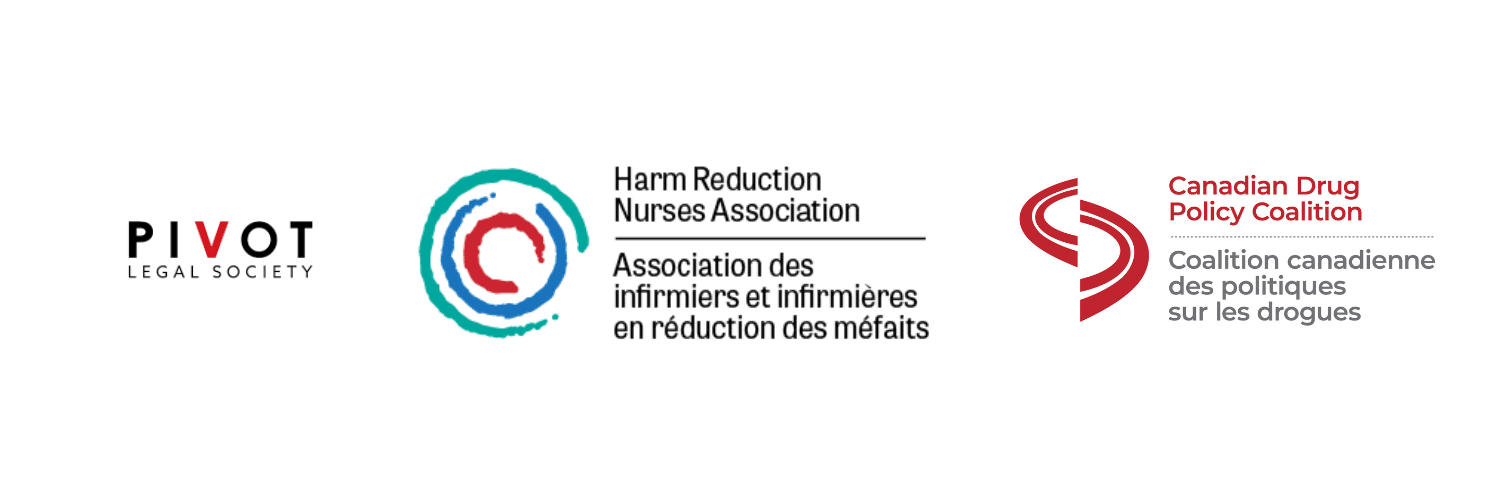Ontario, Canada | March 5, 2024 — Fifty-one community groups from across Ontario are calling on the provincial government to immediately fund and support supervised consumption services amidst the worsening toxic drug crisis. In an open letter released this morning, the coalition called for eight urgent actions, including direct emergency funding, with a deadline of March 29. Citing recent and imminent closures of sites in Windsor, Sudbury, and Timmins, the group demanded swift intervention to prevent further deaths.
In Ontario, seven to 10 people are killed every day by toxic unregulated drugs. An estimated 3,644 people lost their lives in 2023 alone. Supervised consumption services are a proven health intervention where trained staff can respond to overdoses, offering supports and connections to health and social services. Evidence consistently shows the sites save lives and significantly reduce emergency calls and hospital visits.
Last fall, the Province of Ontario put all supervised consumption services funding applications on indefinite hold pending a lengthy review period, adding to the already years-long wait for some jurisdictions. The decision came after a bystander was tragically killed by an incident of gun violence in the vicinity of a Toronto site last summer. Results of the review are expected this month, but come too late for those who have died of drug poisonings in the interim.
Citing the province’s pause, an application in Hamilton was withdrawn in October 2023. In Sault Ste Marie, a site application is instead being directed to the federal government. Windsor’s only site shut its doors at the end of December. Without provincial funding, sites in Sudbury and Timmins will close at the end of this month.
The open letter highlights how these funding delays have impacted communities already reeling from the effects of the toxic drug crisis.
“We want to ensure that people who use substances continue to have self-determination over their health outcomes,” says Michael Brennan of Pozitive Pathways in Windsor. “And that, just like anyone else, they have the tools, resources and support available without barriers.”
The first supervised consumption sites in Ontario opened in 2017. Within months, 20 sites were operating throughout the province. In June 2018, the current provincial government was elected. Since then, the unregulated drug supply has become increasingly volatile and dangerous. “Instead of scaling up sites, the current government added layers of bureaucracy, put an arbitrary cap of 21 sites across the entire province, and has delayed and impeded approval and funding of new sites,” says Nick Boyce of the Canadian Drug Policy Coalition. “Some applications have sat waiting for over two years, while people are dying.”
There are currently only 17 provincially-funded supervised consumption sites in Ontario. There is just one site in northern Ontario, which has among the highest drug-related death rates in the country. Data indicates Timmins and Sudbury have an opioid toxicity mortality rate nearly three times the provincial average.
Some sites, including Windsor, Timmins and Sudbury, have had to temporarily rely on municipal funding and public donations to operate. “This is a health issue. These sites should be funded by the Ministry of Health,” says Dr. Julie Samson of Timmins and District Hospital. “Why are municipalities, local health boards, and even the caring public having to step in to do the province’s job?”
“With overdose alerts across Ontario, state of emergency declarations from several municipalities and hundreds of needless prevented deaths and injuries each month, we encourage elected officials to prioritize the safety of residents by expediting outstanding requests and eliminating the political red-tape blocking consumption services,” says Michael Parkinson of the Drug Strategy Network of Ontario.
Local organizations worry the decision will lead to more deaths and set back efforts to connect people to supports.
“In the 16 months that The Spot has been open, we have seen the incredible impact it has had on those who access the service,” says Amber Fritz, Manager of Supervised Consumption Services at Réseau ACCESS Network in Sudbury. “It is a place of safety, self-determination, community and support. The drug poisoning crisis has shown no sign of abating; drugs have become more toxic, volatile and deadly. Members of our communities deserve better. Using drugs should not be a death sentence.”
“The Safe Health Site Timmins is saving lives, reducing demand on emergency services and actively connecting people with withdrawal management and treatment services,” says Samson. “The risks associated with closing of this site are significant and have the potential to negatively impact our entire community.”
Safe Health Site Timmins has directly contributed to the dramatic reduction of opioid-related fatalities in our community,” says Timmins Mayor Michelle Boileau. “Quite simply, it saves lives. Northern Ontario suffers from higher rates of hospitalization, overdose and death from opioid use compared to communities in the south. These sites give us a fighting chance to mitigate the negative effects caused by drug use. We need immediate and sustainable funding for Safe Health Site Timmins. It is imperative to the continued safety and well-being of our community.”
The letter calls for the elimination of unnecessary barriers and the immediate provision of sustained provincial funding for supervised consumption sites, including inhalation services, to meet the urgent needs of communities. The coalition emphasizes that these demands require immediate action from the provincial government to prevent further loss of life and harm to communities across Ontario.
“Our community has been fighting for a supervised consumption site since 2019,” says Reverend Christine Nayler of Ryan’s Hope in Barrie. “In the five years since our fight for this life-saving site began my son Ryan and my nephew Josh both lost their lives to toxic drugs, along with over 215 other community members. If those in power, whose desk these applications sit on, were the ones who had to deliver the heartbreaking news to the families left behind or if they had to attend each funeral, I don’t think they would still be stalling. These are not numbers; these were our children, our siblings, our nieces and nephews, neighbours and friends.”
-30-
Documents and links available:
Media Contacts:
- Jessica Hannon for the Canadian Drug Policy Coalition
At time of publication on March 6, 2024, the following organizations have sent the open letter:
DJ Larkin, Executive Director, Canadian Drug Policy Coalition
Heidi Eisenhauer, Executive Director, Réseau ACCESS Network
Janet Butler-McPhee & Sandra Ka Hon Chu, Co-Executive Directors, HIV Legal Network
Dr. Julie Samson, MD, CCFP (EM), Co-lead Addiction Medicine Consult Team, Timmins and District Hospital
Michael Brennan, Executive Director, Pozitive Pathways Community Service
Michael Parkinson, Coordinator, Drug Strategy Network of Ontario
And the following organizations have endorsed the open letter:
Adrian R. Betts, Executive Director, AIDS Committee of Durham Region (ACDR)
Alyssa Wright, Co-Lead, Supervised Consumption Saves Lives – Barrie
Andrea Sereda, Dr., London Intercommunity Health Centre
Avery, PFAC Member, WEOHT
Brooke Rorseth, Crisis Worker (MSW, RSW), Hotel Dieu Grace Healthcare
Dane Record, Executive Director, PARN
Denise Baldwin, Administrator, Indigenous Harm Reduction Network
Dr. Dan Werb, Executive Director, Centre on Drug Policy Evaluation
Dr. Doris Grinspun, RN, BScN, MSN, PhD, LLD(hon), Dr(hc), DHC, DHC, FAAN, FCAN, O.ONT., Chief Executive Officer, Registered Nurses Association of Ontario (RNAO)
Eric Cashmore, Executive Director, The Seeking Help Project
Farihah Ali, Manager and Scientific Lead, Ontario CRISM Node
Heather Johnson-Dobransky, Director of Operations, Hiatus House
Holly Gauvin, Executive Director, Elevate NWO
Jackie Barrett-Greene, Director, Positive Living Niagara
Jason Sereda, President, Board of Directors, DIY Community Health Timmins
John Maxwell, Executive Director, ACT
Julie Nobert-DeMarchi, Executive Director, Timmins & Area Women in Crisis
Karla Ghartey, Member; Assistant Professor, Sudbury Temporary Overdose Prevention Society; Nipissing University
Kate Fairbairn, Patient, Family & Caregiver- Partnership Council, Windsor Essex Ontario Health Care team
Khaled Salam, Executive Director, AIDS Committee of Ottawa
Lindsay Jennings, Reintegration Specialist, Incarcerated Voters of Ontario
Lisa Toner, Team Lead, Ontario Aboriginal HIV/AIDS Strategy
Liv Delair, Co-Chair, Canadian Students for Sensible Drug Policy
Luciano Carlone, Interim CEO, Canadian Mental Heath Association, Windsor Essex County Branch
Marie Morton, Executive Director, CAYR Community Connections
Meghan Young, Executive Director, Ontario Aboriginal HIV/AIDS Strategy (OAhas)
Mike Murphy, Addiction Medicine Physician, NOSM U
Mika Wee, Steering Committee Member, Shelter & Housing Justice Network
Mona Loutfy, Maple Leaf Medical Clinic
Michelle Boileau, Mayor, City of Timmins
Nadine Sookermany, Executive Director, Fife House
Olivia Mancini, Registered Social Worker / Co-Founder, Student Overdose Prevention and Education Network
Patty MacDonald, Chief Executive Officer, Canadian Mental Health Association – Sudbury/Manitoulin
Rebecca Robinson, Violence Against Women’s Services Coordinator, Sudbury and Area Victim Services
Reverend Christine Nayler, Co-founder/ Director, Ryan’s Hope
Rita Taillefer, Executive Director, Windsor Essex Community Health Centre
Ruth Cameron, Executive Director, ACCKWA
Ruth Fox, Regional Director, Ontario, Moms Stop the Harm
Seamus Murphy, Deputy Chief of Standards and Community Services, Cochrane District Paramedic Service
Shelley Muldoon, Director, Mental Health and Addictions, Woodstock Hospital
Suzanne Paddock, Executive Director, Toronto People With AIDS Foundation
Thierry Croussette, Board President, Seizure and Brain Injury Centre
Tiffany Pyoli York, Co-Chair, Greater Sudbury Anti Human Trafficking Coalition
Toronto Overdose Prevention Society
Victoria Scott, Director, Engage Barrie Organization






